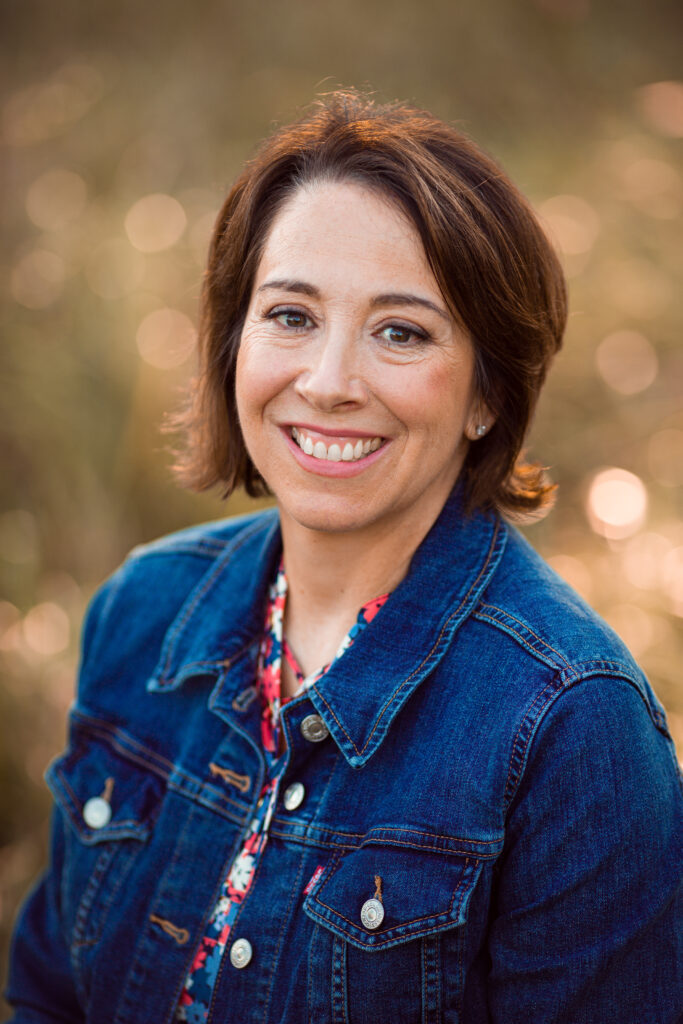Dr. Katie Jennings

Dr. Jennings’ North Carolina State University (NCSU) faculty page.
Dr. Jennings’ publication list.
Katie received a B.S. degree in horticulture from the University of Maryland, and a Master of Science and PhD in weed science from North Carolina State University. She worked in industry with American Cyanamid and BASF as a Field Development Rep and a Project Development Manager. Katie is an associate professor and leads the research and extension program for weed management in vegetable and small fruit crops at North Carolina State University. She maintains an active research program focused on control of Palmer amaranth, nutsedge species, and other troublesome weeds in sweetpotato, other vegetable crops and small fruit crops. She has published over 90 peer-reviewed scientific journal articles, 22 extension publications, 119 abstracts, and 6 book chapters.Katie does not have a formal teaching appointment. However, she is often invited to lecture in courses in the Departments of Horticultural Science and Crop and Soil Science. She works with growers of over 20 vegetable and 4 small fruit crops, crops that are valued at over $650 million. Much of her work has been directly adopted by growers in North Carolina and many other states.
Katie has mentored 16 Master of Science and 7 PhD students and has served on many graduate committees. Her students have been very successful as they have won 75 awards for oral and poster competitions at the Southern Weed Science Society (SWSS), Weed Science Society of NC (WSSNC), National Sweetpotato Collaborators Meeting, the American Society of Horticultural Science, and the American Society of Enology and Viticulture; the SWSS Enrichment Scholarship, competitive national and international travel grants to conferences, and various awards at the SWSS and Northeastern Weed Science Society Weed Contests, and Outstanding Graduate Student Awards at the SWSS, and WSSNC weed meetings. Her students are professionally working in farming, academia, and industry.
Katie places a priority on education of growers through her extension program with a focus on reducing their risk from weeds. She has prioritized the development of students in her graduate education program so they are prepared professionally when they graduate.